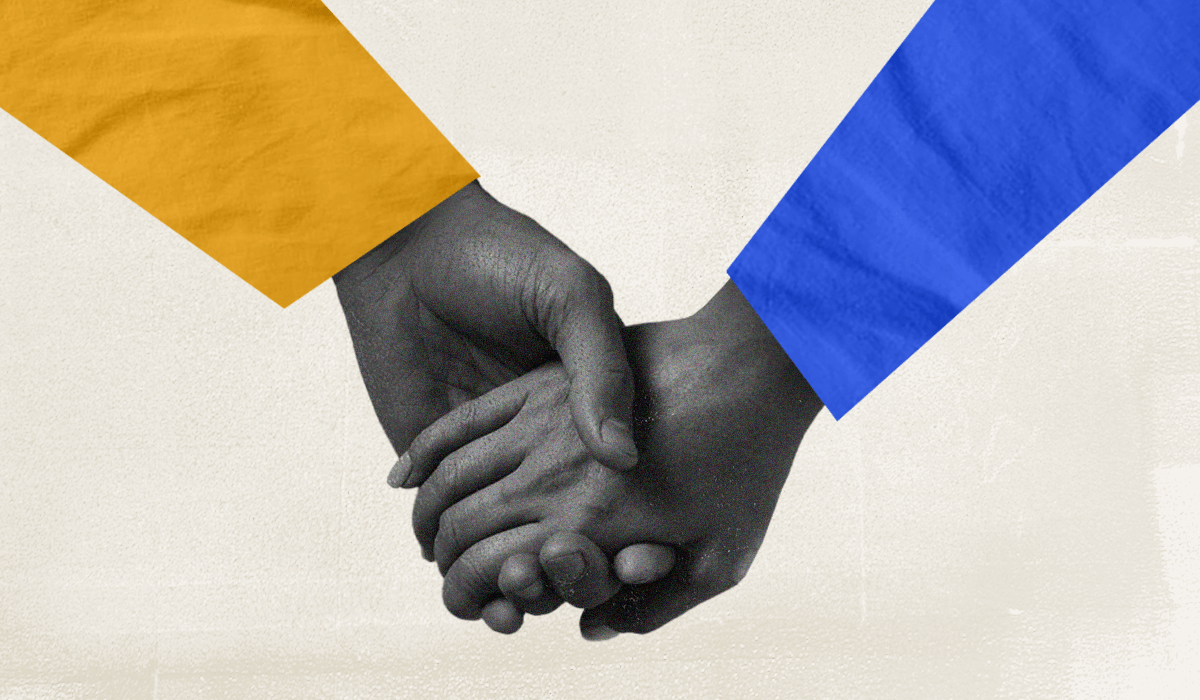October 23, 2025
Learn essential friendship skills for adults to build lasting, healthy, and emotionally supportive relationships.
Friendship is a cornerstone of mental health—yet many adults struggle to form and maintain meaningful relationships. In childhood and college, proximity and shared routines make connections natural. In adulthood, however, responsibilities, career shifts, and digital isolation complicate social life.
Research from the American Psychological Association highlights that strong friendships predict better mental and physical health, longer lifespan, and reduced risk of depression. Conversely, loneliness is now recognized as a major public health concern—linked to heart disease, immune dysfunction, and even early mortality.
The good news: friendship is a skill, not just a circumstance. With practice, adults can relearn how to build, maintain, and deepen genuine connections.

Adult friendships differ from childhood bonds in several ways:
Many adults misinterpret independence as emotional self-sufficiency, but human beings remain wired for social connection. Neuroimaging studies show that friendship activates reward pathways and releases oxytocin—the same hormone associated with bonding and reduced stress.
Depression can make social engagement feel exhausting or futile. Negative self-perception (“I’m a burden,” “They don’t want to hear from me”) erodes motivation to reach out. Yet, structured social exposure—such as joining a group or texting one trusted friend—can slowly rewire the brain’s reward pathways toward connection.
Adults with ADHD may struggle with missed cues, impulsive speech, or inconsistent communication. These behaviors can frustrate peers, leading to misunderstandings. Awareness, accountability, and tools like reminders or therapy-based skill-building (e.g., CBT) can improve friendship consistency.
Social anxiety can lead to avoidance of new social situations or rumination after interactions (“Did I say something wrong?”). Gradual exposure, mindfulness, and cognitive restructuring can reduce these fears and build confidence in social settings.
Individuals with borderline personality disorder often crave closeness yet fear rejection, leading to oscillations between idealizing and withdrawing from friends. Dialectical Behavior Therapy (DBT) can help regulate emotions, improve communication, and stabilize friendships.
For those with OCD or psychotic disorders, intrusive thoughts or paranoia can strain relationships. Psychoeducation, social skills training, and supportive therapy help individuals manage symptoms while sustaining trust with others.
Shame, secrecy, or body image concerns can isolate individuals from social gatherings. Recovery-oriented groups and peer support can rebuild comfort in connection and shared experiences.
Each of these challenges demonstrates how friendship is intertwined with mental health. Therapy can play a pivotal role in helping adults rebuild these social competencies.
True listening involves more than waiting to speak—it’s about showing empathy, curiosity, and presence. Techniques such as paraphrasing and validating emotions create safety and closeness.
Psychologist Brené Brown emphasizes vulnerability as the birthplace of genuine connection. Sharing small truths (e.g., admitting you’re lonely or nervous) invites reciprocity and deepens trust.
Boundaries define emotional and logistical limits—when you’re available, what behaviors are acceptable, and how much energy you can give. Respectful boundaries prevent resentment and protect mental health.
Reliability builds trust. Sending a follow-up text, remembering birthdays, or keeping small promises signals care. Especially for adults with ADHD or busy lives, setting reminders helps maintain consistency.
Conflict is inevitable. The key is repair—acknowledging hurt, apologizing sincerely, and reestablishing trust. Psychologically secure adults are not those who avoid conflict, but those who handle it gracefully.
Digital platforms make contact easy but intimacy harder. While social media can sustain distant ties, it often promotes superficial connection and social comparison, worsening anxiety and depression.
Many adults in urban environments like NYC experience chronic overwork and burnout, leaving little time for emotional nourishment. Without intentional scheduling—such as monthly friend dinners or walks—friendships can fade quietly.
Frequent moves for education or work make it difficult to sustain long-term bonds. Online communities or hobby-based meetups (e.g., book clubs, volunteer programs) can bridge the gap.
Healthy friendships serve as protective factors against multiple disorders:
Conversely, mental health struggles can erode social confidence and availability. This underscores the need for integrated therapy that strengthens both self-regulation and interpersonal skill sets.
Therapists often help adults map their social patterns—attachment style, boundary issues, and past relational trauma. Cognitive Behavioral Therapy (CBT) addresses unhelpful beliefs (“I’ll just be rejected anyway”), while DBT teaches mindfulness and emotional regulation in relationships.
In group therapy settings, patients can practice friendship skills—listening, sharing, empathy—in a safe environment. This real-time feedback loop mirrors real-world social dynamics and accelerates growth.
At Integrative Psych, we understand that mental health and social connection are deeply intertwined. Our clinicians—psychiatrists, psychologists, and therapists—specialize in helping adults rebuild and strengthen interpersonal skills through evidence-based therapy, lifestyle coaching, and supportive environments.
Whether you’re managing depression, ADHD, anxiety, OCD, BPD, or relationship burnout, our Chelsea-based practice offers personalized care designed to enhance both mental and relational well-being.
Relearn the art of friendship. Reconnect with others—and yourself.

We're now accepting new patients
